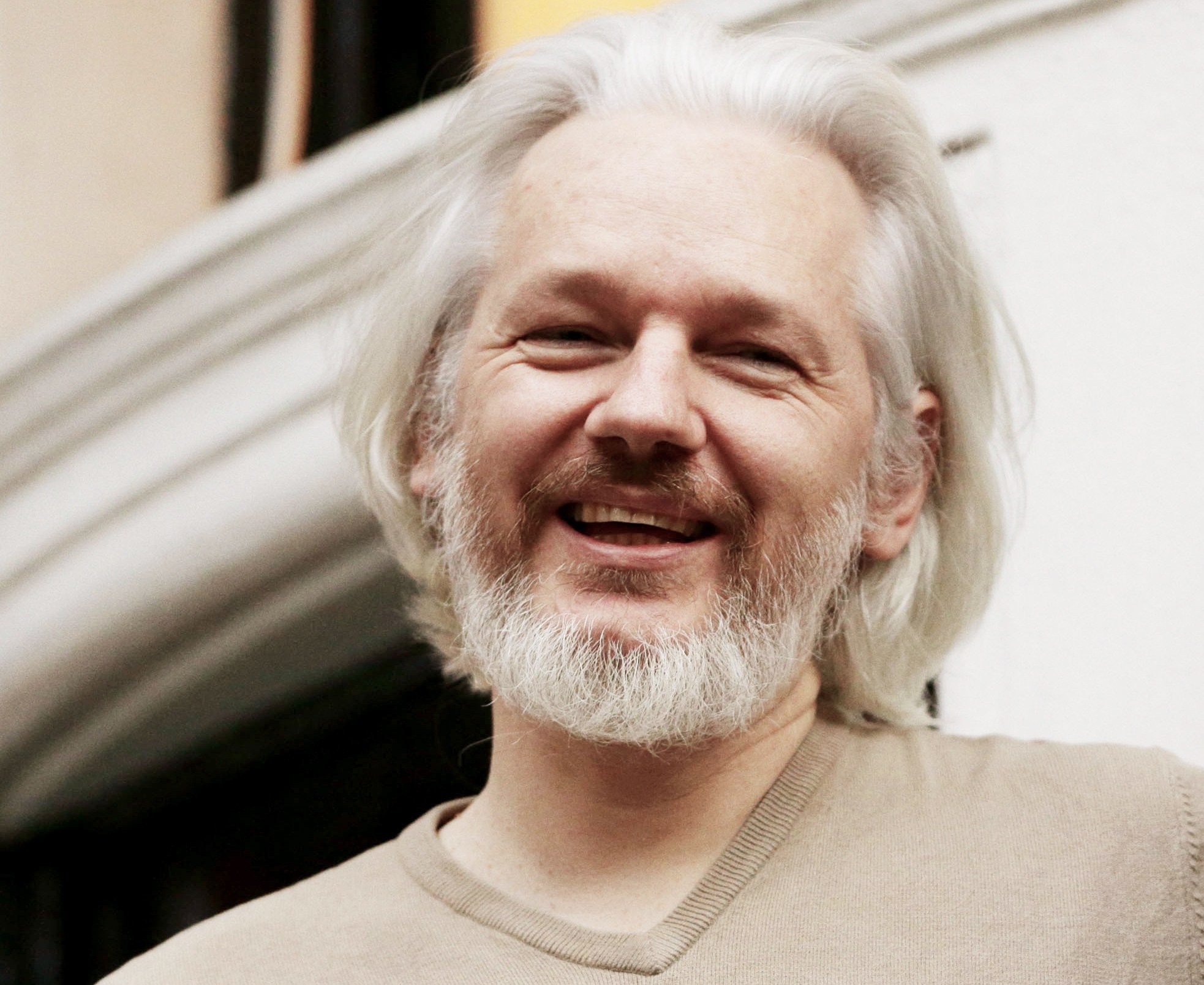

Dear All,
The arrest of WikiLeaks founder Julian Assange on April 11 was treated by much of the media in an oddly flippant way. That the news of the arrest, and possible extradition, of a man responsible for exposing the lies and hypocrisy of the US state policy and warfare -- whose work has been largely in the public interest and to support democracy and press freedom -- should be reduced to a commentary about his personal appearance and hygiene and idiosyncrasies bodes ill for journalistic values and press freedom in modern day societies.
Following the arrest, there was also much hairsplitting about whether or not one could call Assange a journalist. Well, in response to those asserting that he "was not a journalist" one can but say: Assange delivered scoop after scoop with WikiLeaks revelations and the information he published exposed the atrocities committed by powerful states in the name of ‘national security’. He was whistleblower, researcher, investigator and publisher -- so I think it’s fair to call him a journalist, although perhaps not in the traditional mode.
But, for the tech age, he has been a pioneer: a crusading voice in the call for transparency and accountability of governments.
The US government is, of course, furious with him. They regard him as an evil criminal who hacked into their security systems and "jeopardised their national security". From 2006 onwards, WikiLeaks published a number of documents and classified document implicating governments and officials all over the world. But the information regarding the US government was perhaps especially damning: first there was an SOP document from Guantanamo which revealed "that some prisoners were off-limits to the International Committee of the Red Cross, something that the US military had in the past denied repeatedly".
Then there was the classified video of an air strike by the US in Baghdad in 2007: this shows two Reuters journalists being fired at from a helicopter and killed ("their cameras looked like weapons") and then it shows US forces firing on a family van that stopped to pick up the bodies. Eighteen people (including children) -- all civilians -- were killed in this attack which the US military initially described as "a reaction to an active firefight" claiming that those killed were all insurgents. The US turned down the Reuters’ request to see this video and it is pretty clear why: not only were civilians killed but the accompanying commentary by the US helicopter crew includes laughter, its tone is cold blooded and callous and it sounds as if the men were playing a video game rather than shooting down human beings.
The publication by WikiLeaks of classified diplomatic cables in partnership with The Guardian, The New York Times, El Pais, Le Monde and Der Spiegel in 2010 provided further embarrassment for the US. And now America wants Assange to be extradited so he can face charges of ‘conspiracy’ to hack into a Pentagon computer network in the US.
Assange already faces jail time of up to one year in Britain (for failing to surrender to a court -- instead he sought, and was granted, asylum at the Ecuadorean embassy where he stayed for seven years), but it will be interesting to see if Britain accedes to the US extradition warrant.
While campaigners for democracy and citizen rights oppose this extradition, a portion of the press has continued to demean and smear Assange rather than focus on the important issues in this case like journalistic freedom and democratic rights. That is why we hear reports like Assange was "anti-semitic" (shock! horror!) or that he "smeared his faeces on the walls" and "failed to look after his cat properly"… and generally was a terrible houseguest… This is what led Late Night TV show host John Oliver to exclaim, "You are allowed not to like him, but America’s current attempts to extradite him hang on a specific charge that many press advocates find unsettling."
But states do tend to want to silence their critics and they hate the journalists who expose uncomfortable truths about their actions: an equally disturbing case is that of the charges against Pakistani journalist Shahzeb Jillani of "cyber terrorism" and "defamatory remarks against the respected institutions" of the country. Such cases can wear down people physically and emotionally and the litigation can ruin them financially.
Journalists who seek to expose or highlight the excesses of those in power should not be made victims -- because journalism is not a crime.
Best wishes,